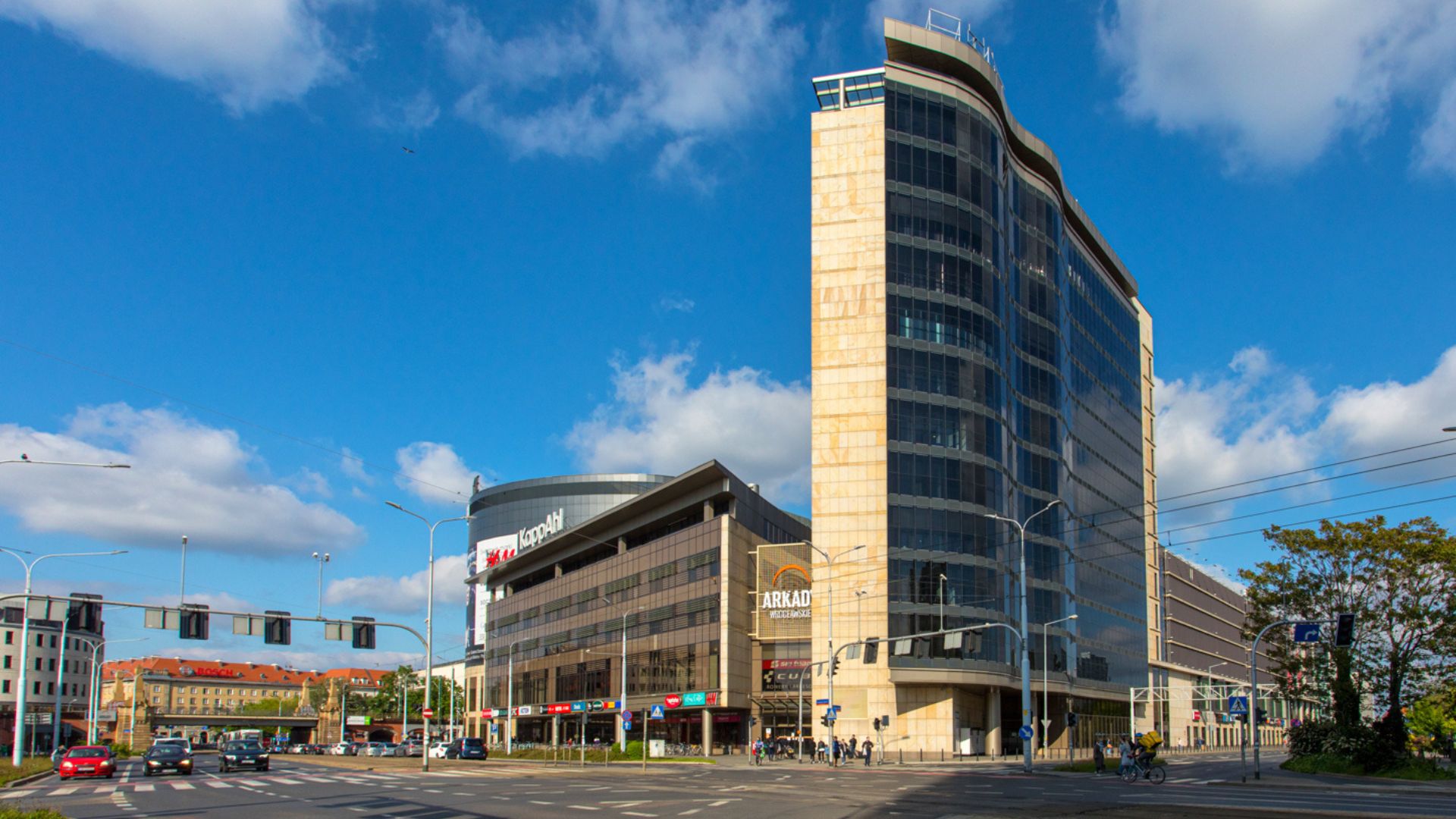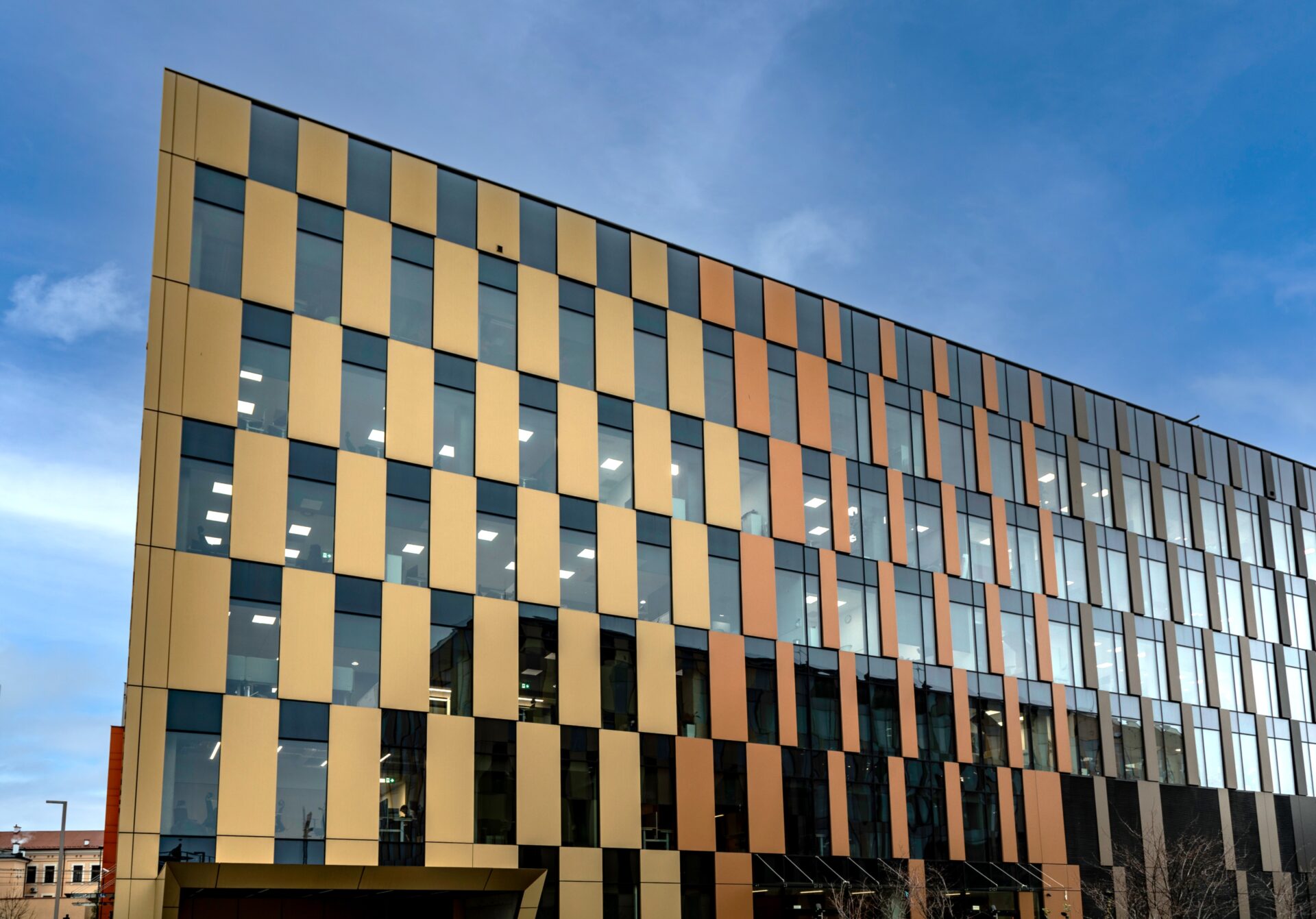“At the start of the year, investment into Polish commercial real estate was dominated by the logistics market. Warehouse assets worth EUR1.46 billion changed hands in Q1, which almost equals the annual total for 2019 of EUR1.48 billion,” commented Renata Osiecka, Managing Partner at AXI IMMO.
“While 2019 was full of single-tenant deals, the opening quarter of 2020 saw a return of large portfolio sales. The largest portfolio transaction was the takeover of all of Goodman’s CEE assets by GLP Group. The Singaporean investor acquired twenty-one logistics parks in Poland as well as assets in Czechia, Hungary and Slovakia.
“Polish assets were also part of pan-European portfolios sold by Ares Management (to Investec) and Apollo Global Management (to P3 which is part of Singaporean GIC). Large Polish portfolios were sold by Panattoni (to Savills Investment Management acting on behalf of an Asian investor), AEW (to Swiss Pillar Investments) and Hines (to the Chinese CGL Investment Holdings). Clearly, investment demand for Polish logistics real estate from Asian investors remains unabated.
“Investors entered 2020 with a high level of optimism. The COVID-19 pandemic is cooling this optimism as it leaves its mark on the economy and on tenants’ financial situation. Logistics real estate is facing new challenges – limited output, closed factories, supply chain disruptions and a collapse in demand for some goods. However, the sector is better placed than any other part of real estate to weather the current storm. That is due to rapidly growing online shopping, which is fuelling demand for real estate crucial for e-commerce, such as ‘last mile’ logistics and large regional and international distribution hubs.
“The anticipation of falling prices is likely to lead to a slowdown in investment activity in the short term, albeit with a limited impact on warehouse and residential sectors. Valuations were broadly unchanged at the end of Q1 due to the lack of transactional evidence, with valuers merely inserting a clause about heightened market risk. Nervousness in the market is likely to result in price corrections, albeit mainly for non-core assets.
“In the short term, it will not be easy for investors to pursue new opportunities due to restrictions on travelling and asset visitations. In the longer term, however, we can expect stable pricing for prime warehouse and residential real estate due to its relative resilience to new market conditions.”







